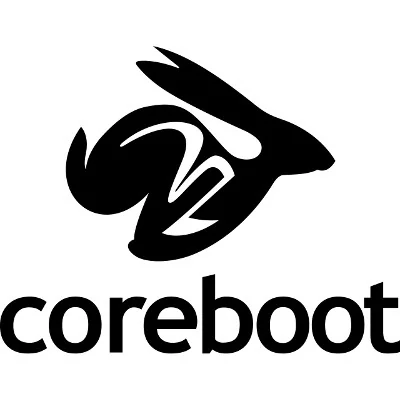Coreboot 4.17 Brings New Motherboards, AMD PSB, Doom Game Ported To Run As A Payload

New motherboards supported with Coreboot 4.17 include:
- Clevo L140MU / L141MU / L142MU
- Dell Precision T1650
- Google Craask
- Google Gelarshie
- Google Kuldax
- Google Mithrax
- Google Osiris
- HP Z220 CMT Workstation
- Star Labs LabTop Mk III (i7-8550u)
- Star Labs LabTop Mk IV (i3-10110U and i7-10710U)
- Star Labs Lite Mk III (N5000)
- Star Labs Lite Mk IV (N5030)
The new Google Chromebook boards come as no surprise while it's good seeing more Clevo hardware supported given how common they are. It's also great seeing UK-based Linux system retailer Star Labs continuing to support more of their systems with upstream Coreboot. Granted, these are older Intel systems and not current generation Intel (or AMD) processor generations.
Coreboot 4.17 also drops some unused Google motherboard ports, adds support for GRUB2 atop SeaBIOS as a secondary payload, a CVE security fix, AMD Platform Secure Boot (PSB) support via the AMD PSP for programming PSB fuses (though the documentation is only available to AMD NDA customers and requires a BIOS signing key token), a native Intel FSB Debug Handler implementation, and various other changes. AMD Platform Secure Boot can be used for restricting AMD CPUs to only working with a specific vendor's systems once the PSB fuses are set at first boot.
Coreboot developers have also decided to deprecate Intel Ice Lake support. The Intel Ice Lake code within Coreboot is unmaintained and only ever was supporting the Intel Ice Lake RVP reference motherboard. Due to no use in retail motherboards and the lack of maintenance, the plan is to remove Intel Ice Lake SoC and the motherboard port with Coreboot 4.19.
The other interesting change with Coreboot 4.17 is adding in coreDOOM as a Coreboot payload. CoreDOOM is a port of the 1993 Doom game running atop Coreboot. This is a port from the Doomgeneric, a project making the Doom game easily portable with only needing to implement a handful of functions around frame presentation, keyboard events, ticks, and other basic functionality but lacking support for sound, etc. The coreDOOM payload renders to the Coreboot linear frame-buffer and loads the WAD game data files from the CBFS in system ROM.
Doom can now run as a Coreboot payload...
This has been tested under QEMU and real hardware for those wanting to toy around with this classic game running directly atop the Coreboot system firmware as a payload. A copy of coreDOOM is in tree while the development is done via coreDOOM on GitHub. So far only PS/2 keyboards are supported with USB keyboard support expected later, there isn't save game support since it's running from the system boot flash ROM, and there is limited video format support. Oh yeah, and, when you exit the game the system will freeze.
Coreboot 4.17 is available via its Git repository.
14 Comments

